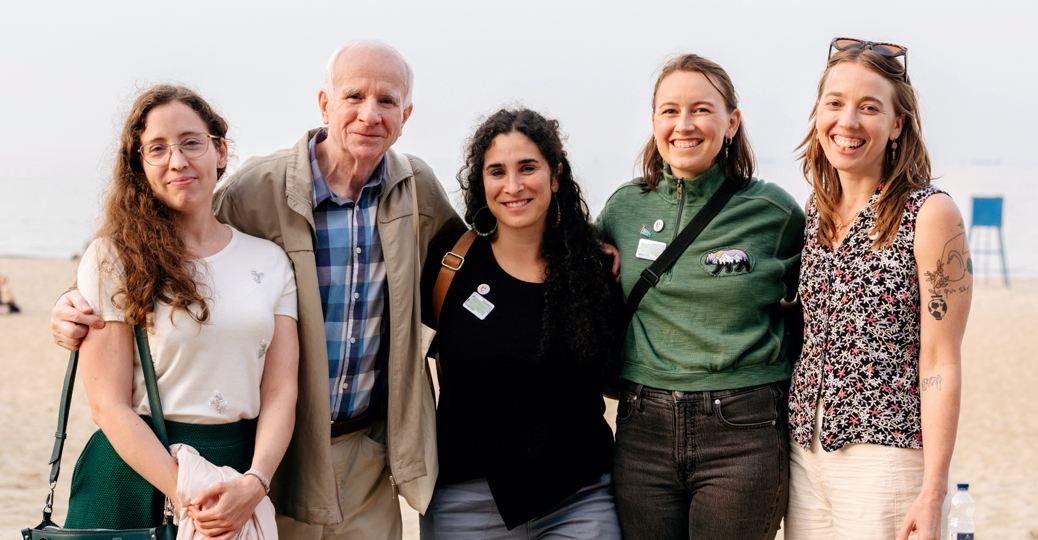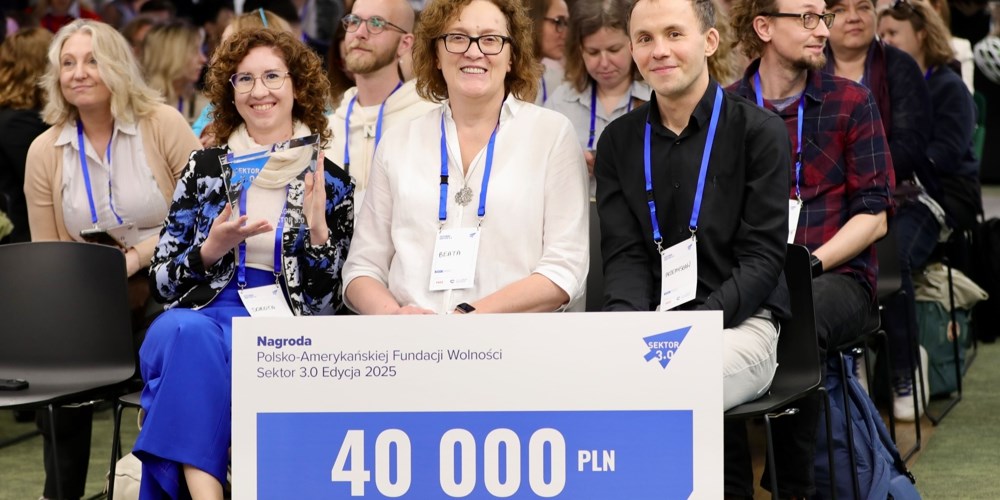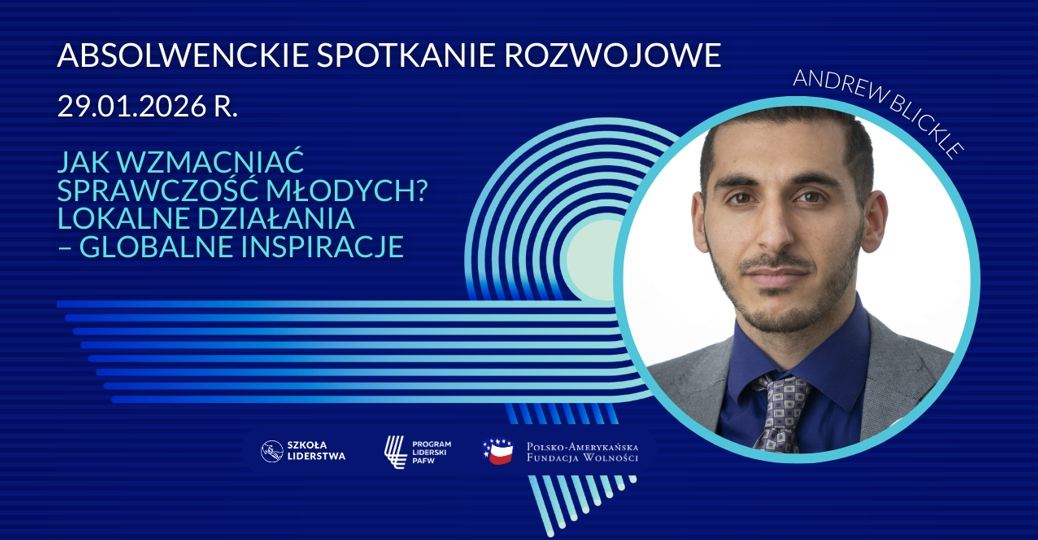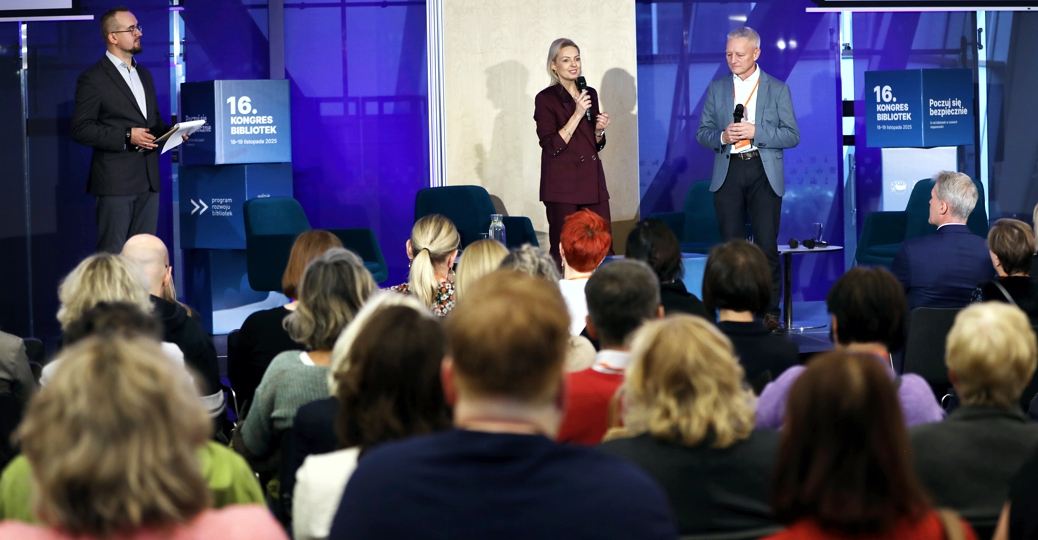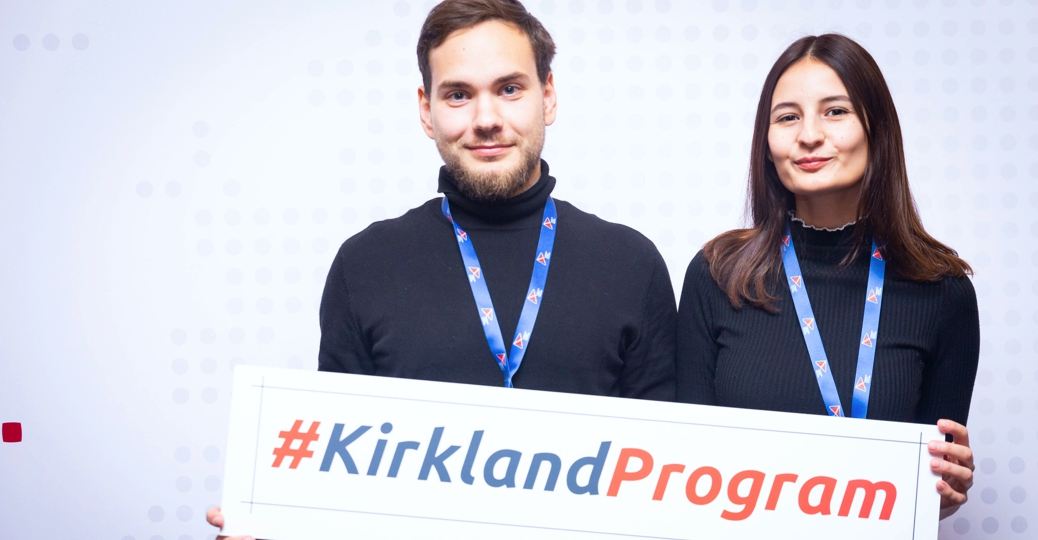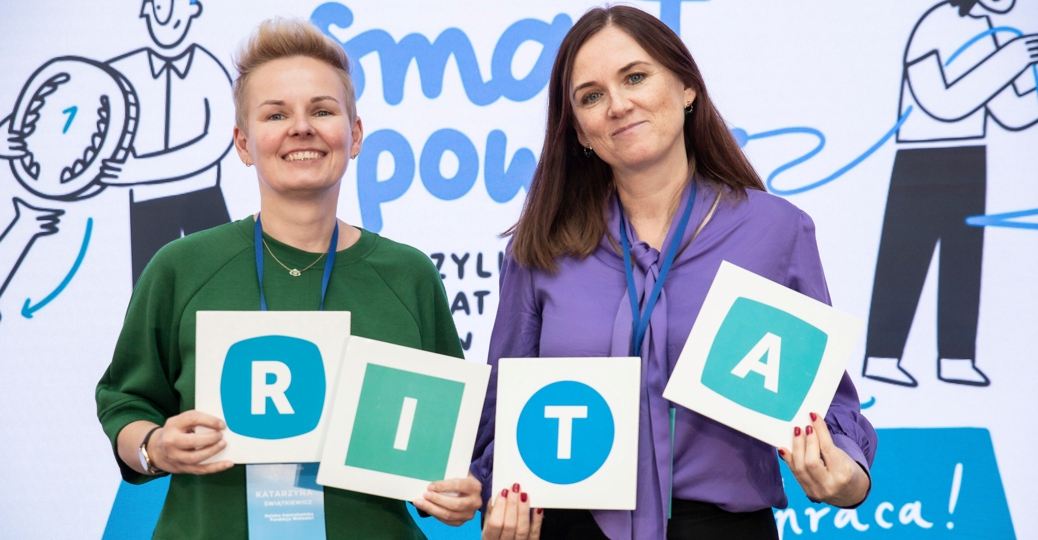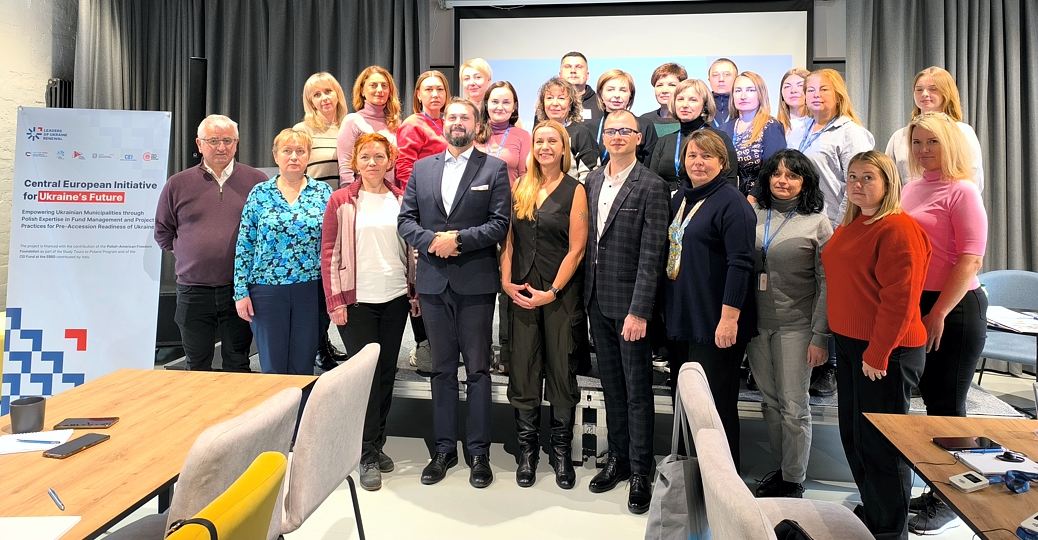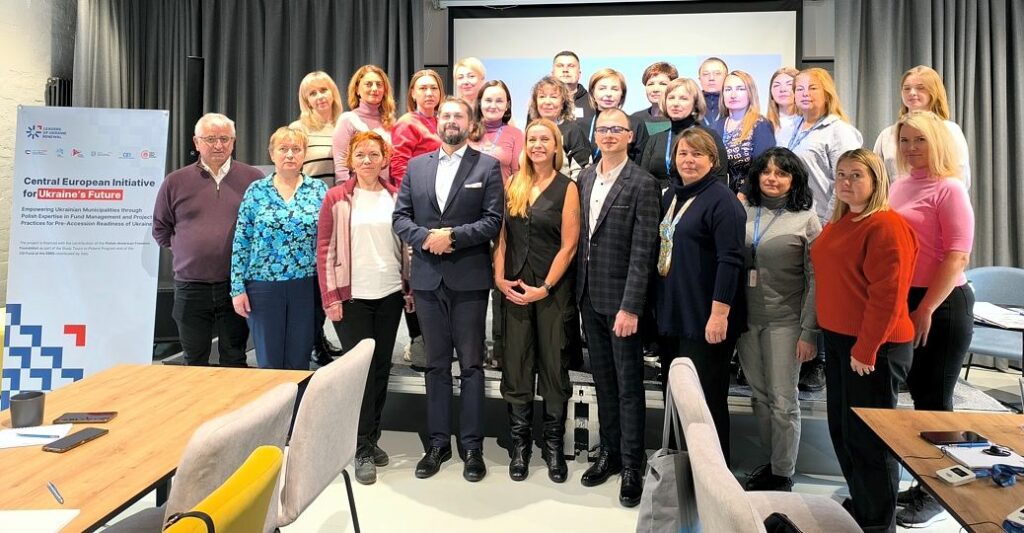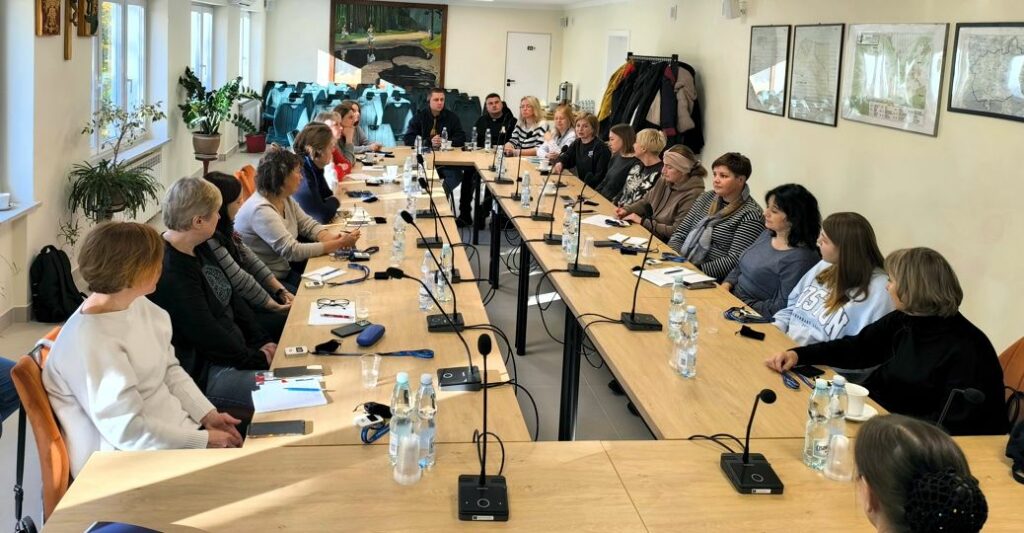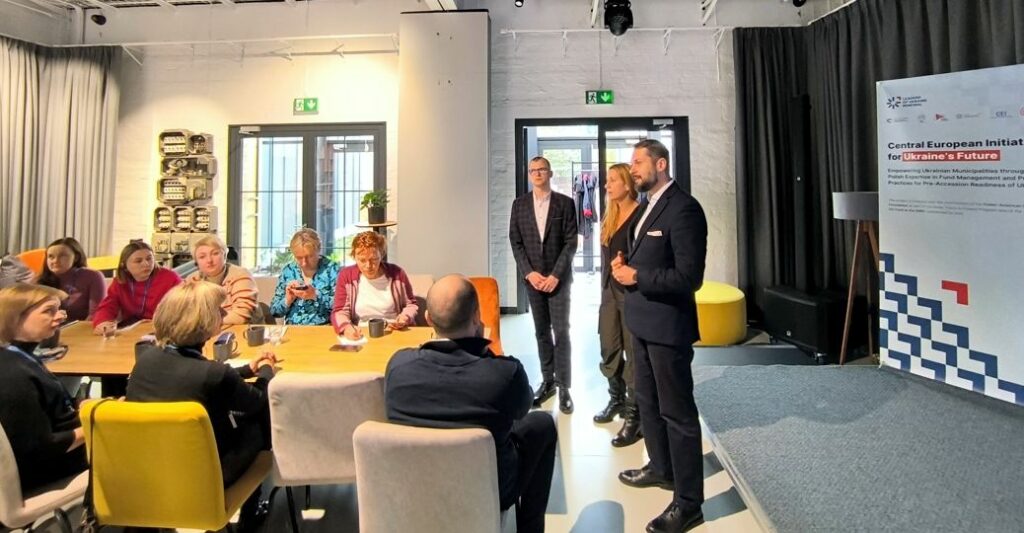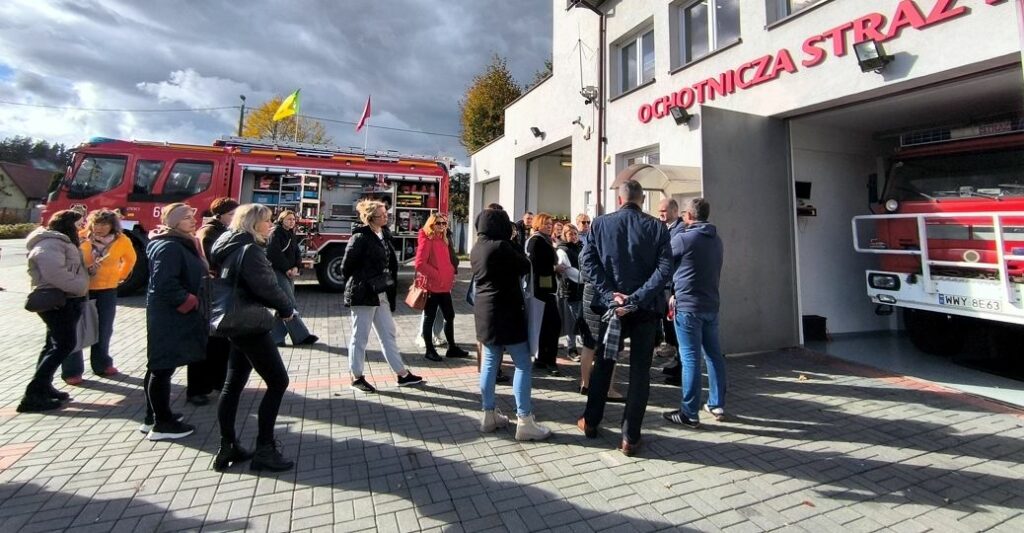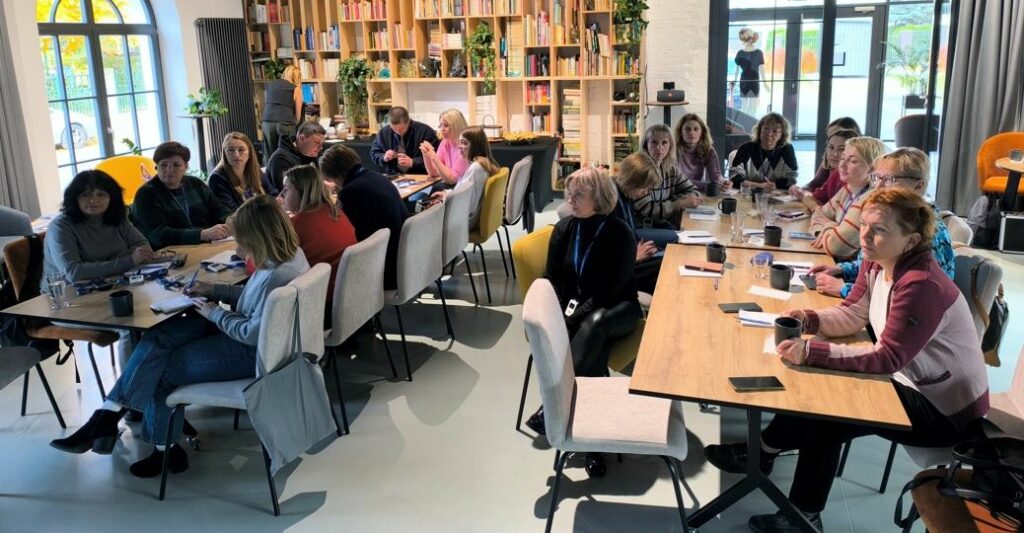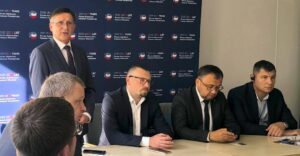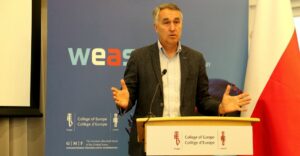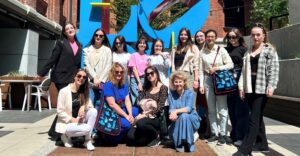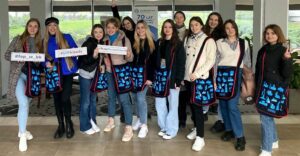Representatives of local governments from the Vinnytsia, Sumy, Poltava, and Chernihiv regions participated in a study visit to Poland on October 13-17, 2025. The visit was organized by the Leaders of Change Foundation as part of the "Study Tours to Poland" program of Polish-American Freedom Foundation.
The aim of the visit, organized in cooperation with the Podolsk Regional Development Agency (PARD), was to support Ukrainian local governments in the management of European funds, the preparation and implementation of development projects, and preparation for the effective use of future European Union pre-accession funds. The visit was attended by 19 representatives of Ukrainian local governments and two graduates of the Kirkland Program, participants of last year’s round of the Leaders of Reconstruction program, who supported the group in the areas of project practices and international cooperation.
The program of the visit covered three municipalities/rural communes in the Mazovia Province.
In the commune of Długosiodło, guests from Ukraine learned about the effects of local investments co-financed by the EU, including a communal swimming pool, a nursery, a recreation area, a school, and sports infrastructure, and took part in workshops on the preparation of EU projects, conducted by Polish experts in the field of funds and strategic planning.
The visit to the municipality of Wołomin was also devoted to, among other things, the practical aspects of implementing EU projects. The participants visited Wołomin Activity Center, the Volunteer Fire Department, the Transfer Center, a primary school, and the “Huragan” Sports and Recreation Center. Each of these investments was an example of a different type of financing – from infrastructure funds to social and educational initiatives.
“The most important thing in working on EU projects is to match the idea to the real needs of the local community. Sometimes the best projects arise from simple observations – a lack of meeting places, the need for intergenerational integration, or improving infrastructure accessibility. It is worth starting with small steps that really change the daily lives of residents,” emphasized Konrad Olszewski, a fundraising expert at the Wołomin City Hall.
During the classes, participants learned about the principles of the project cycle: from analyzing local needs and formulating ideas, through creating goals in the SMART methodology, to developing a budget, performance indicators, and compliance with EU horizontal policies (equality, sustainable development, digitization). Then, during group exercises, they designed sample social, educational, and infrastructure activities in accordance with EU funding rules.
The visit to the municipality of Serock was aimed at familiarizing the guests from Ukraine with social infrastructure projects, such as the water treatment plant at Stasi Las. They also learned about examples of local government activities aimed at integrating residents and improving the quality of public services.
“The meetings are interesting, creative, and inspiring. It is clear that Poland’s accession to the European Union has opened up many opportunities for municipalities and rural communes. We also need to learn this approach today – develop our staff, prepare a project base, and look for sources of funding. Creativity and modern thinking are essential,” said Natalia Maletska, vice director of the Department of Renewal and Development at the Vinnytsia City Hall, who participated in the visit.
The visit was part of a larger Leaders of Reconstruction project implemented by the Leaders of Change Foundation with funds from Polish-American Freedom Foundation as part of the “Study Tours to Poland” program and the Central European Initiative for the Ukraine’s Future financed by the Italian government from the CEI Fund at the EBRD. The aim is to prepare Ukrainian local governments from smaller municipalities and rural communes for future membership in the European Union through the transfer of Polish know-how in the areas of fund management, strategic planning, the creation of international partnerships, as well as the preparation and implementation of EU-funded projects.
The project includes a series of educational activities: webinars and online consultations, on-site workshops in Ukraine, as well as study visits to Poland, which enable the direct exchange of knowledge and good practices between local governments of both countries. The activities are reinforced by advice provided to local government officials by graduates of the Lane Kirkland Scholarship Program, who are specially trained in project preparation, including EU projects.









